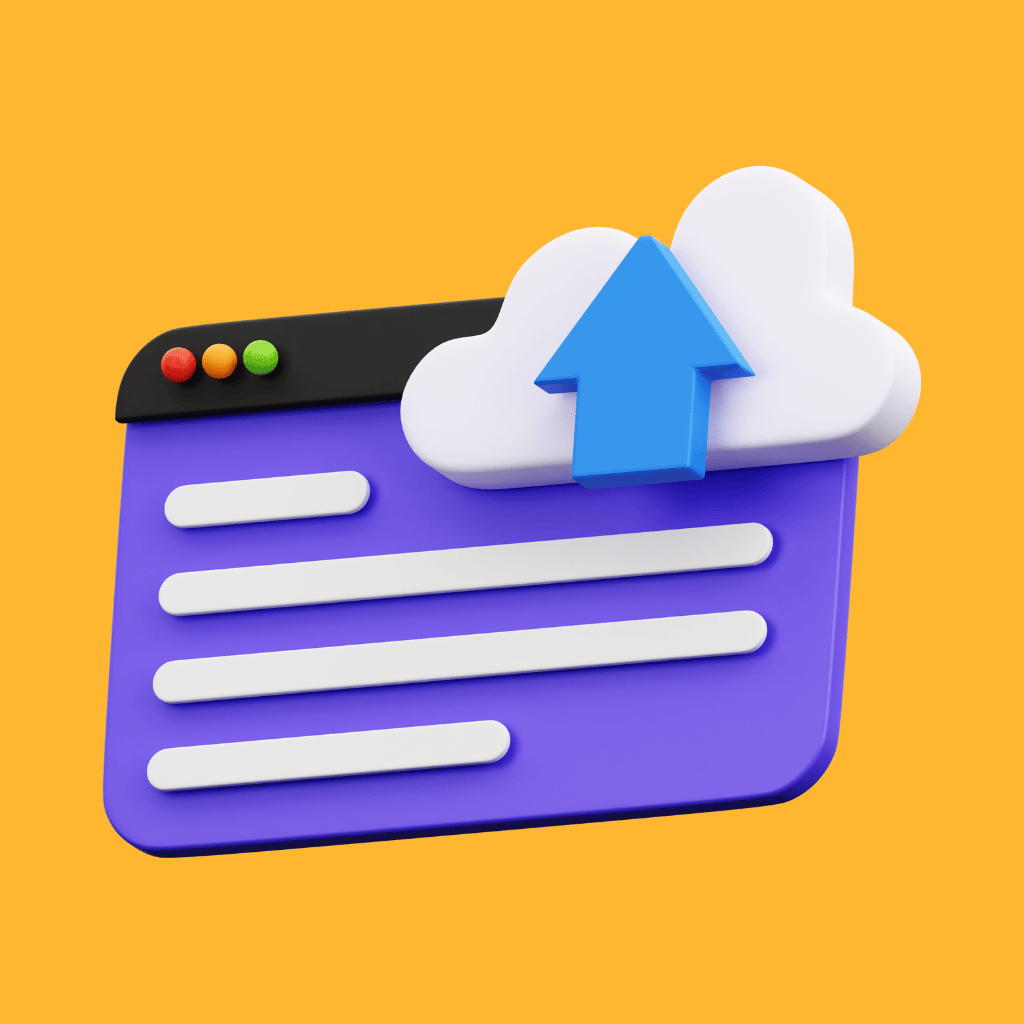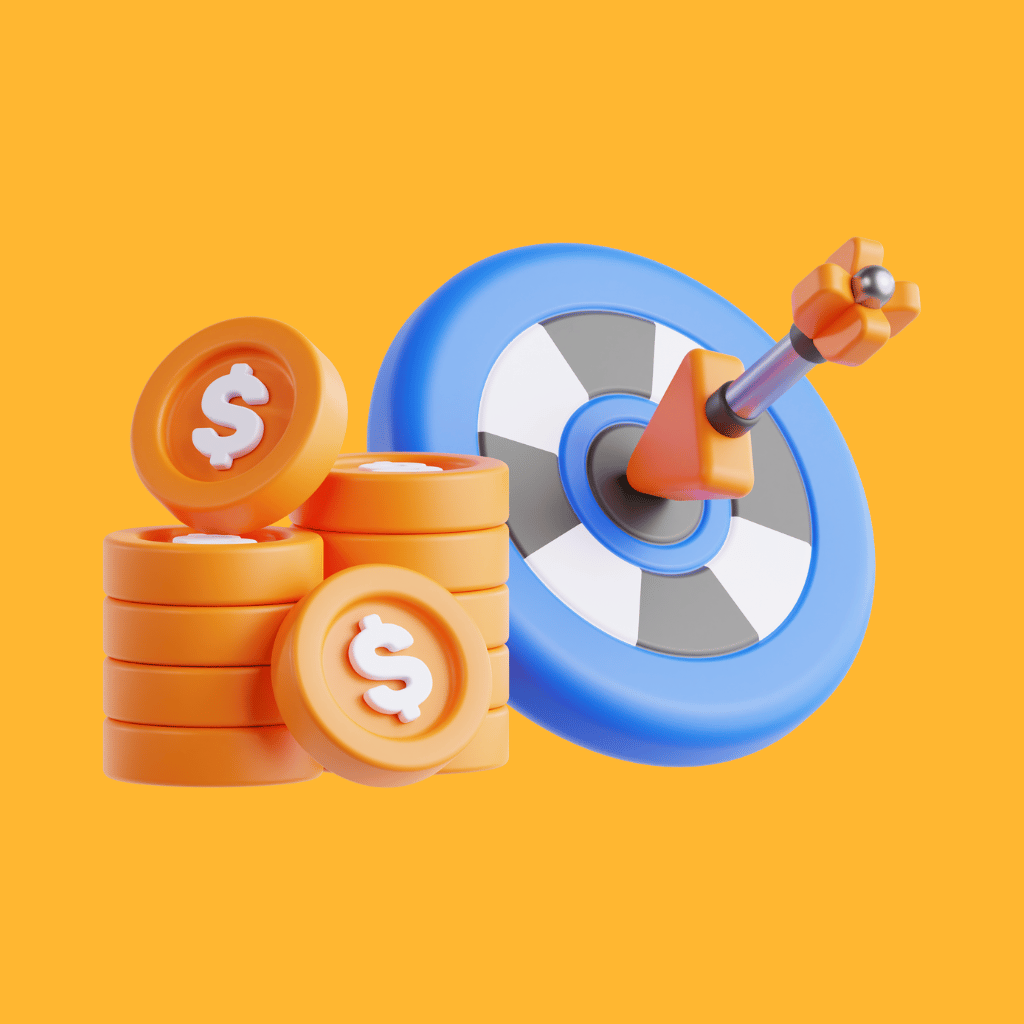Discover the Essential Pages Your Website Needs
Don’t Let a Lackluster Website Hold Your Business Back
In today’s digital landscape, your website serves as the face of your business. It’s the first interaction potential customers have with your brand. But many companies struggle to create a website that effectively communicates their value and guides visitors to take action.
The Pages Your Site Needs to Succeed
Our comprehensive guide breaks down the essential web pages every successful website should contain. From an attention-grabbing homepage to a converting sales funnel, we’ll show you how to craft a digital storefront that drives real results.
Turn Browsers into Buyers
Stop losing leads and sales due to a subpar website. With our proven blueprints, you’ll learn how to structure your site to engage visitors, build trust, and convert them into loyal, paying customers. Don’t settle for an online presence that blends into the crowd – make your mark with a website that sets you apart.
Unlock the Power of Your Website: 8 Essential Pages for Online Success
Are you ready to take your business to new heights in the digital landscape? Your website is the cornerstone of your online presence, and the pages it contains can make all the difference. In this comprehensive guide, we’ll explore the 8 key web pages your website should (and could) contain to create a truly captivating and effective online experience for your customers.
1. Homepage: The Face of Your Brand
Your homepage is the first impression visitors will have of your business. Make it count by clearly communicating your brand, showcasing your products or services, and including a compelling call-to-action to guide users through your site.
2. About Page: Telling Your Brand’s Story
Use this page to share your brand’s unique story, highlight your value proposition, and introduce your team. This is where you can build trust and credibility with your audience, setting you apart from the competition.
3. Contact Page: Making Connections Easy
Make it simple for customers to get in touch by including your business contact information, a contact form, and even a map if you have a physical location. This page ensures your customers can easily reach you.
4. Product/Service Pages: Showcasing Your Offerings
If you offer products or services, dedicate individual pages to showcase each one in detail, including pricing, features, and the tangible benefits they provide to your customers.
5. Blog Page: Positioning Yourself as an Industry Leader
A regularly updated blog can position you as an industry thought leader, drive traffic to your site, and improve your search engine optimization, giving you a powerful edge over your competition.
6. Privacy Policy & Terms of Service: Building Trust
These pages outline your data practices and user agreements, which are essential for building trust and ensuring compliance with relevant regulations.
7. FAQ Page: Addressing Customer Concerns
Anticipate and address your customers’ most common questions to provide a better user experience and reduce support inquiries, making it easier for them to find the information they need.
8. Sitemap Page: Enhancing Discoverability and Accessibility
A sitemap page helps search engines and users navigate your website more effectively, improving discoverability and accessibility, ultimately driving more traffic and engagement.
Remember, the pages you include on your website should be tailored to your specific business needs and goals. By covering these essential elements, you’ll be well on your way to creating a comprehensive and effective online presence that captivates your audience and drives real results.













